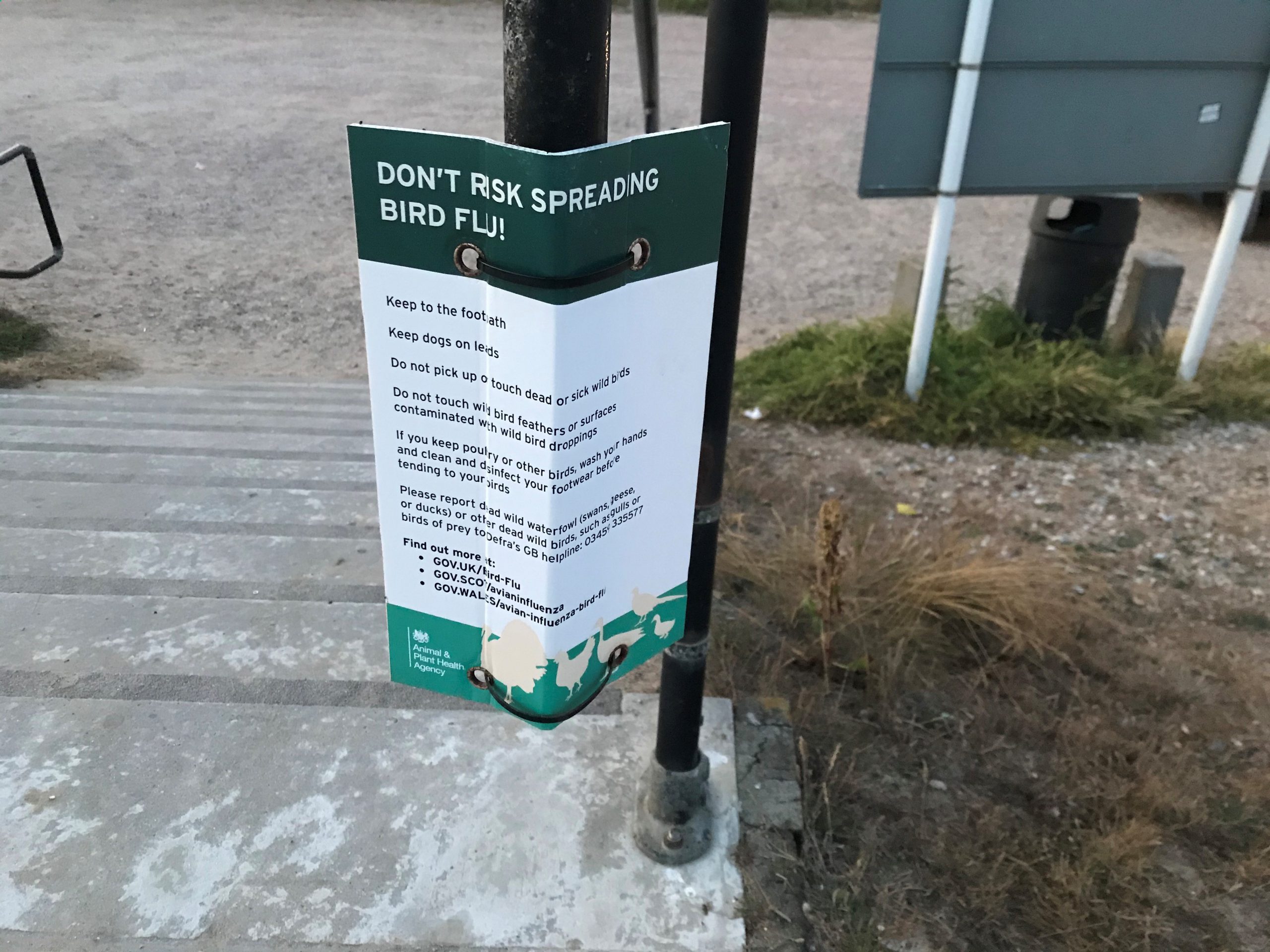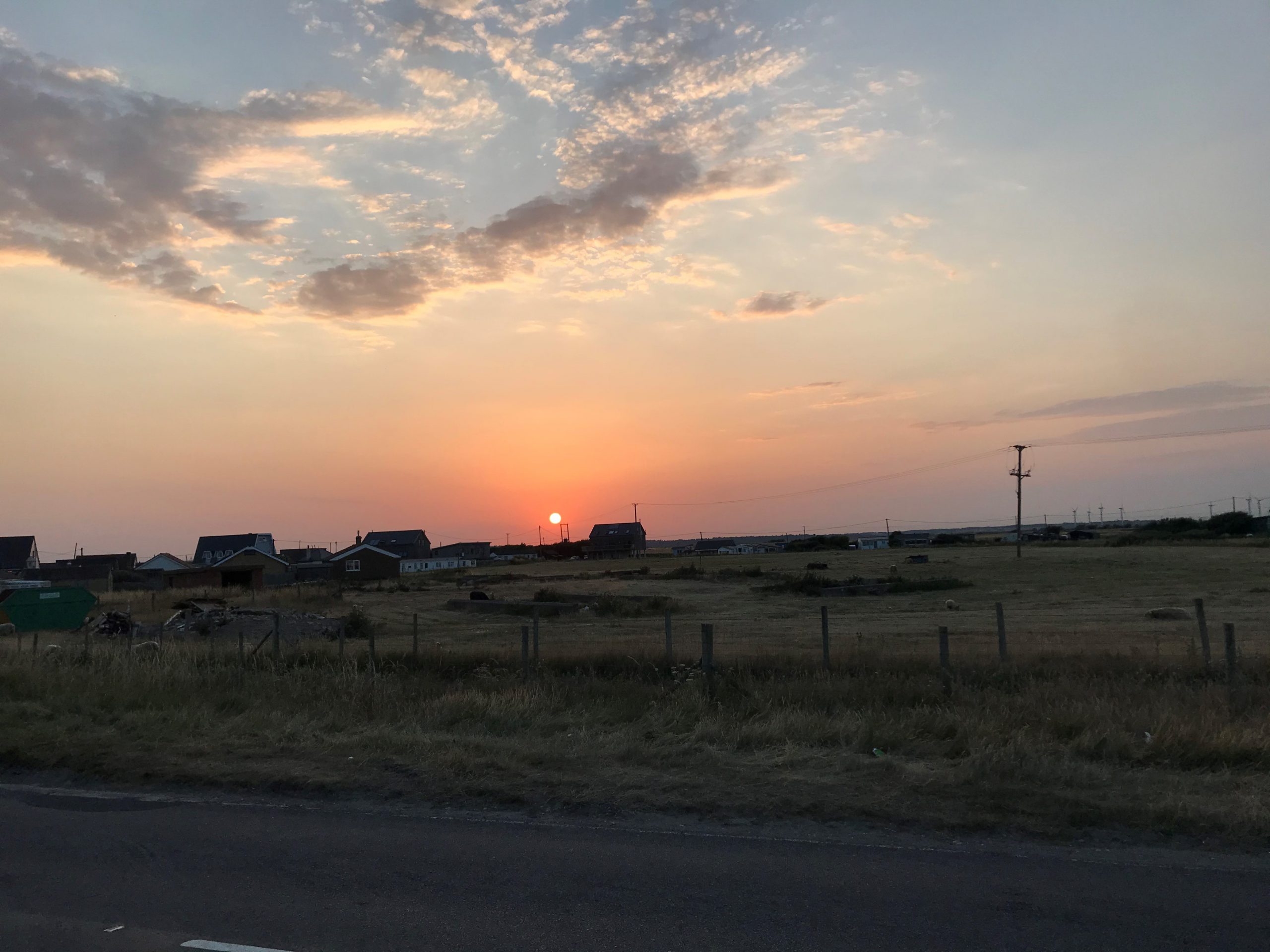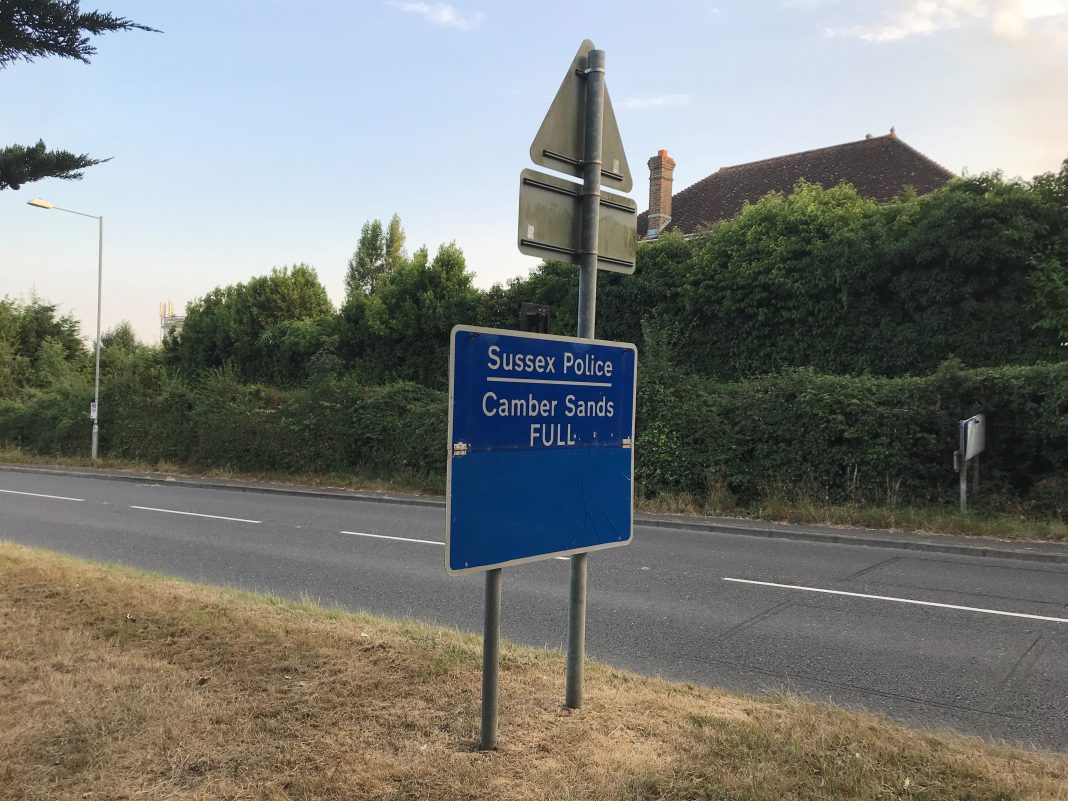Monday this week was indeed a hot one with the news from all the forms of media warning us to take extra care over the next few days due to the heat wave, which was predicted to be even hotter than the one many of us witnessed in 1976.
“Keep hydrated, close curtains and blinds, don’t travel anywhere unless you have to, if you go out anywhere take a supply of water with you, keep pets indoors wherever possible and keep an eye out for the young and elderly” were the warning messages we were receiving from all quarters.
Many either started work early to avoid the afternoon heat or didn’t go into work at all, train tracks buckled, runways melted, air conditioning systems failed, schools closed, trains, buses and flights were cancelled, and the infrastructure in many areas was beginning to feel the heat.
The forest fires we have witnessed spreading through Europe started igniting in parts of the UK, and weather forecasters issued red warnings rarely seen before but the message was clear: danger to life.
A serious situation and one we will undoubtedly see repeated more regularly as climate change takes its toll.
Despite all these warnings, the hordes still descended to the coast, beaches and open spaces were packed to the gunnels, traffic jams built up quickly on approach roads to the coast, car parks soon filled up, and those who couldn’t park legally, parked wherever they could fit their vehicles.

On Tuesday evening, at around 8pm, we decided it would be nice to drive to Camber and see the sun go down over the sands. Locally, police signs were erected warning motorists Camber was full, yellow cones were placed all along the road on both sides on the approach to Jurys Gap but, by now, we had assumed that the beaches and car parks would be largely empty and there would be very few people around.
How wrong we were! There were still plenty of cars parked in all the car parks, a mixture of sun worshippers who had been there all day and others, like us, who had come out in the cool of the evening to get some air and exercise. The beach was busy, kite surfers still out, and dogs and their owners everywhere enjoying the sea and sands.
The bins were full and piles of rubbish had been neatly piled next to them, and other than a few fish and chip wrappers spread about by scavenging seagulls, the area was relatively free of litter which historically, and given the number of visitors, was a pretty unusual sight.
A sign attached to one of the posts brought us back to reality, posted by the animal and plant health agency, warning everyone about dead birds and the risk of spreading bird flu if we didn’t play by the rules.

When the heatwave subsides, life may return to something resembling normal. Can you remember what normal looks like? It seems such a long time ago.
We did however see the sun go down, some things don’t change.
Image Credits: Nick Forman .



